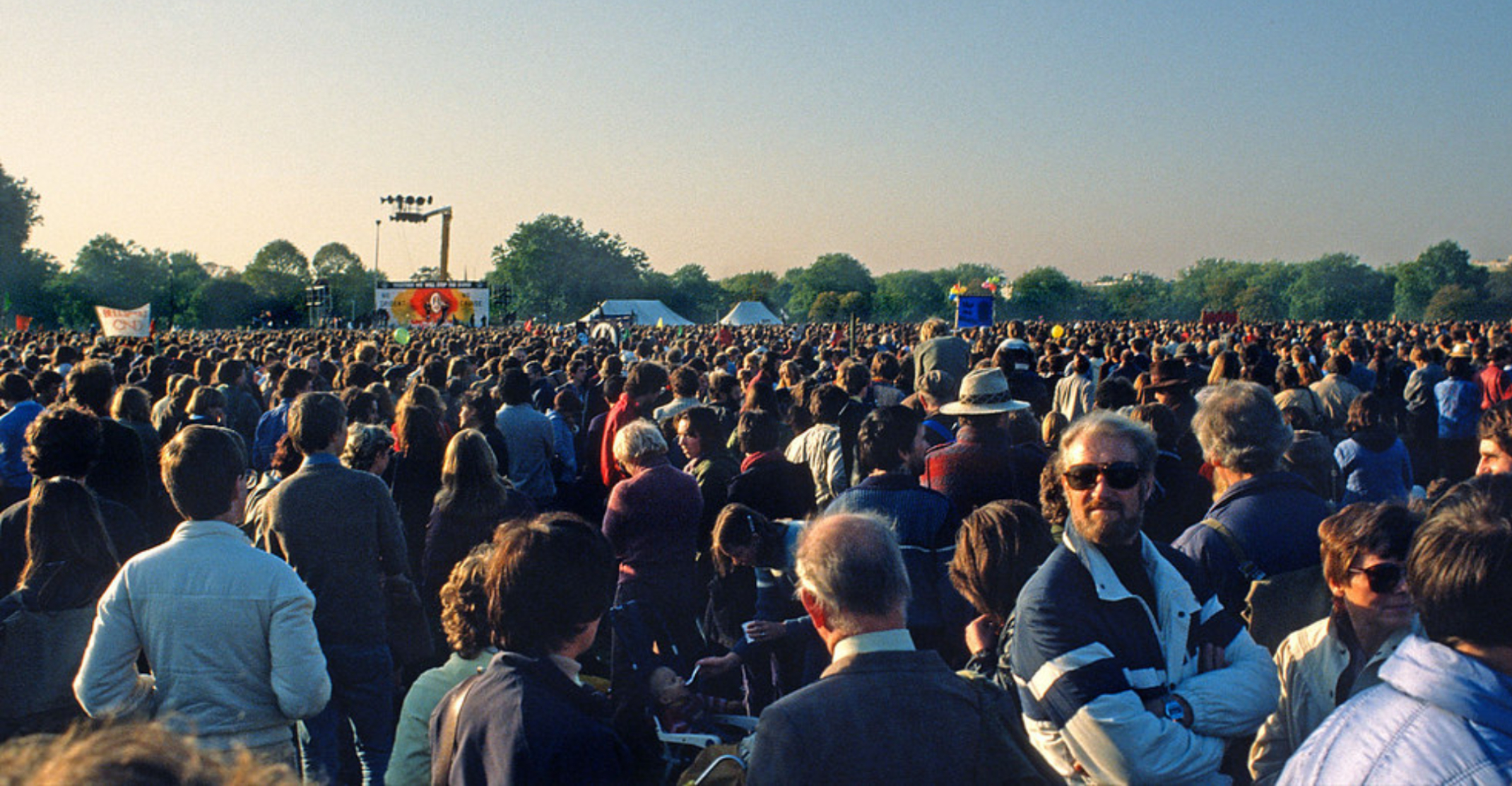The virtual seminar will be held from 12:30 to 2 pm (ET)
Liberal-democratic states armed with nuclear weapons frequently make policy choices about their nuclear arsenals that are inconsistent with the public justifications offered for these choices. This practice limits the possibility of their citizens gaining an effective understanding of and participating in nuclear policy debates and decisions. This presentation engages with four particular claims which work to shrink the scope of apparently available nuclear policy choices for citizens in democratic societies. The claims concern the inevitability of nuclear proliferation; the achievement of perfect control over nuclear weapons; the existence of a practical nuclear policy consensus; and, meaningful debates on possible nuclear weapons policies within an expert community. It is based on the recently published book Repenser les Choix Nucléaires [Rethinking Nuclear Choices].
About the speaker: Benoît Pelopidas is the founding director of the Nuclear Knowledges program at the Center for International Studies, Sciences Po, Paris. He has been a visiting fellow at Princeton University’s Program on Science and Global Security. His research focuses on the processes that make possible the construction of knowledge about nuclear weapons and shape nuclear weapons policy choices by nuclear-armed states and constrain democratic choices concerning nuclear weapons. His work is funded by the European Research Council.
